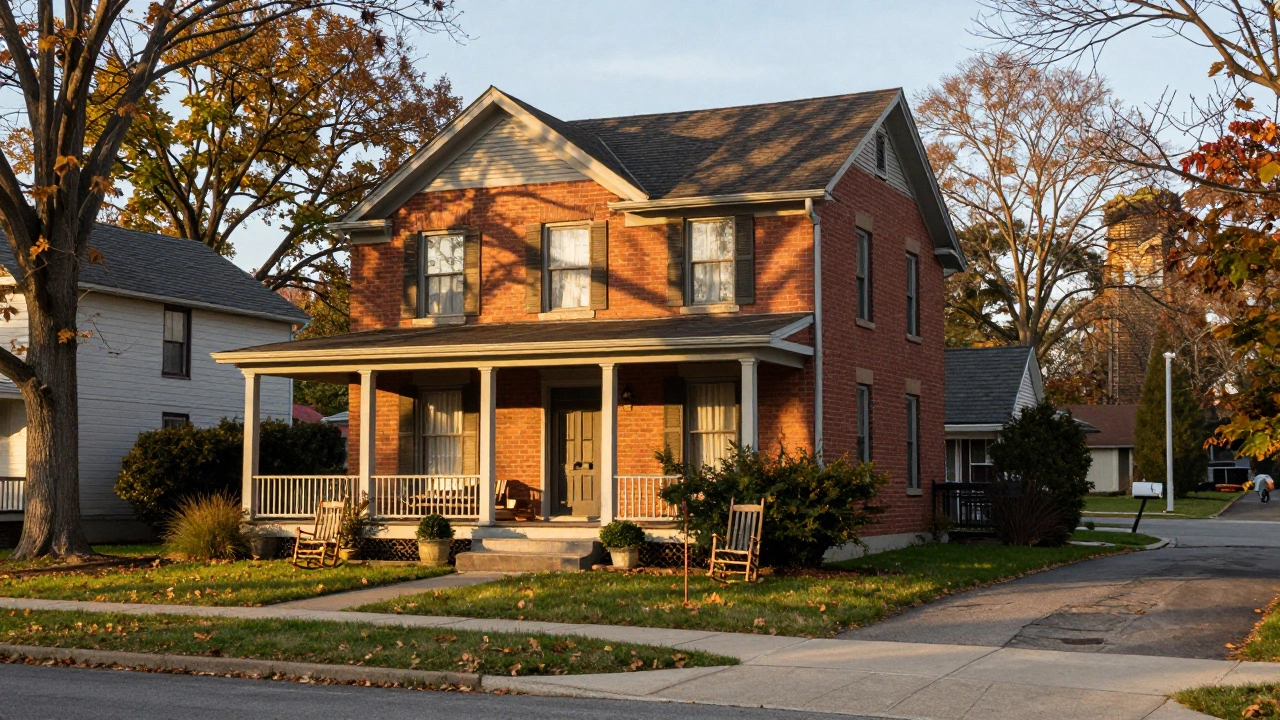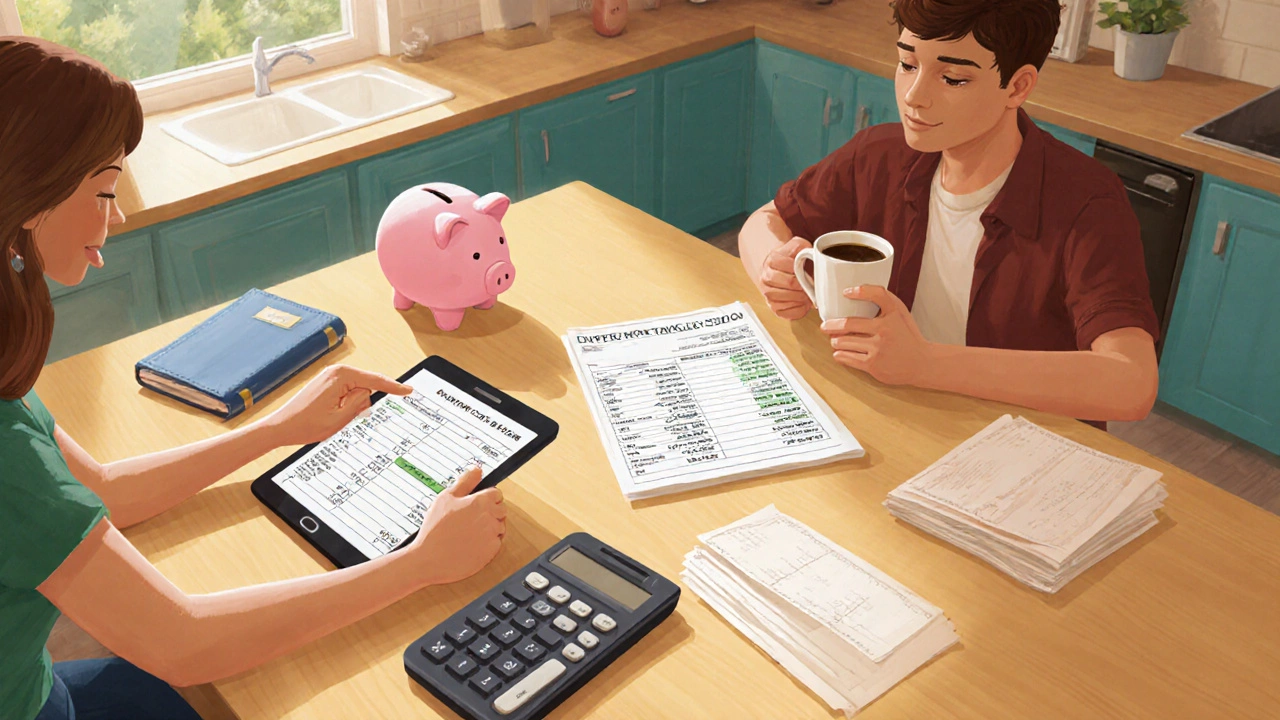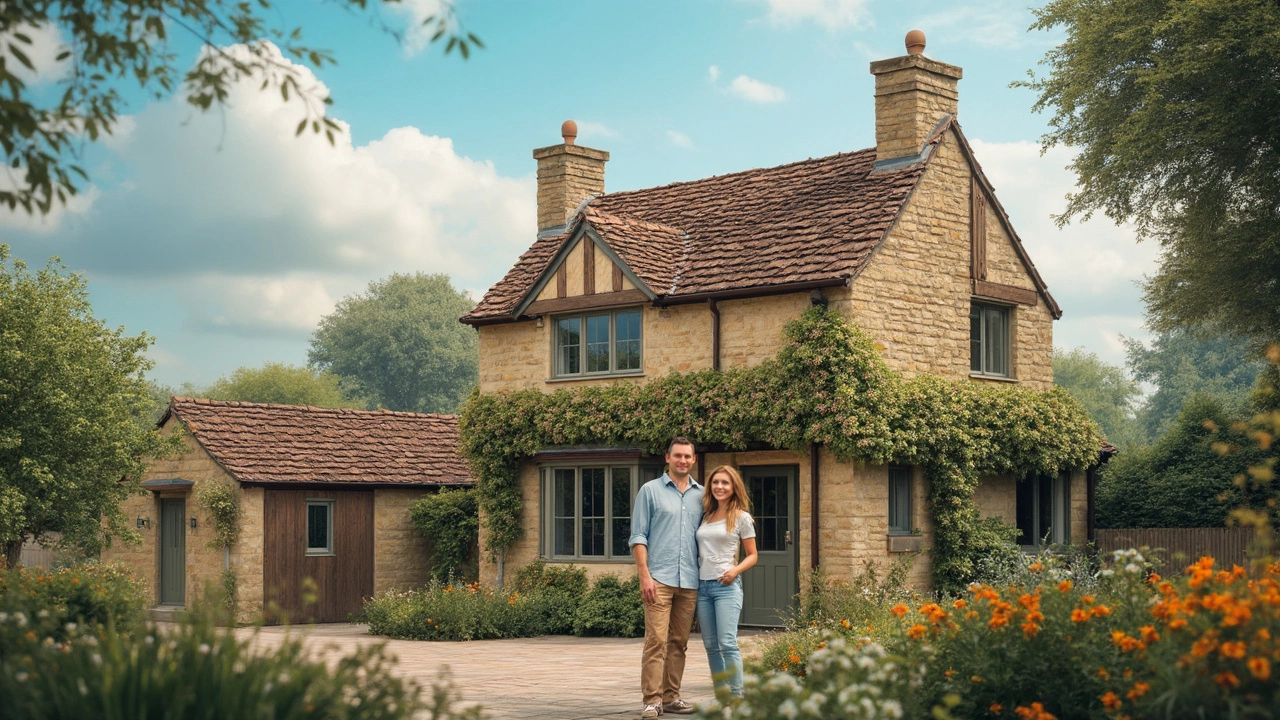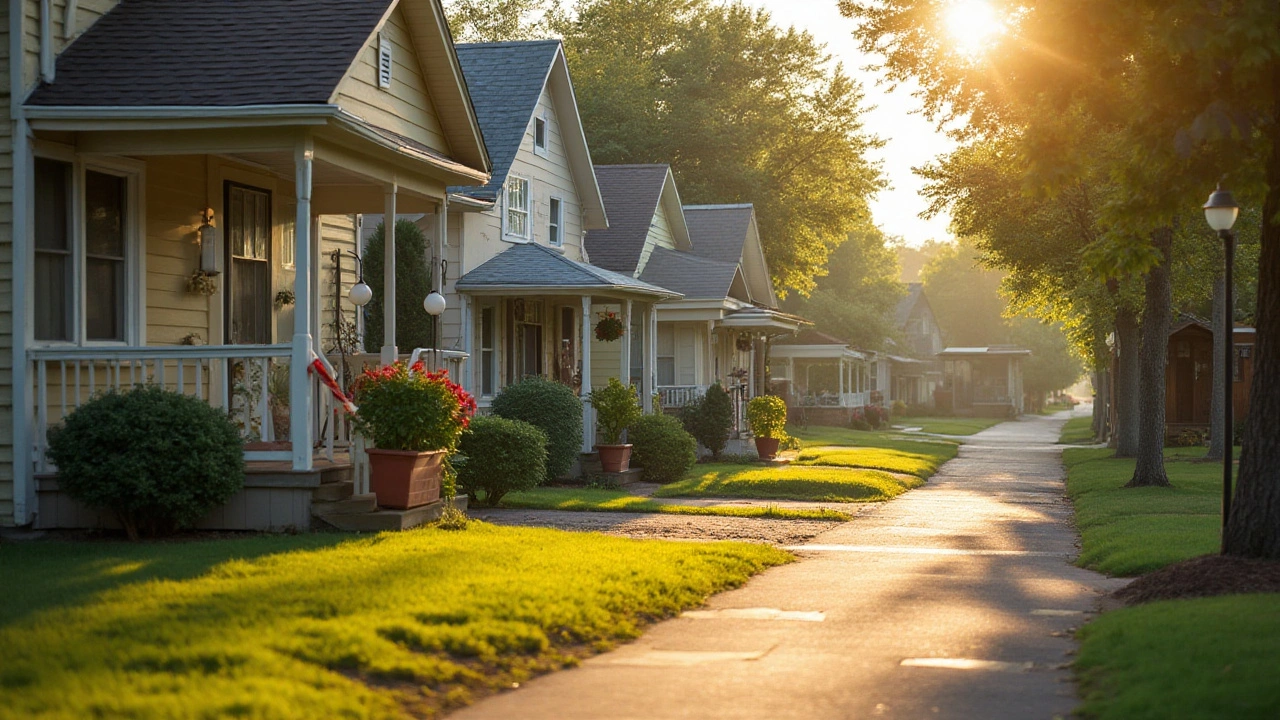Affordable Homes: Find Cheap Houses and Stretch Your Budget
Looking for a place that won’t break the bank? You’re not alone. More people are hunting for homes under $50,000, and there are real options out there. From tiny fixer‑uppers to move‑in ready deals, the market has something for anyone willing to dig a little. Below you’ll get the most practical places to look and a handful of tips to keep your money working for you.
Where to Find Cheap Homes
First stop: the United States. States like Ohio, Michigan, and West Virginia consistently rank among the cheapest housing markets. Cities such as Youngstown, OH, and Flint, MI often list homes well below $50k. These markets have low land costs, slower price growth, and a steady supply of older properties that need a bit of love.
If you’re open to buying abroad, look at parts of Eastern Europe or the southern United States. Countries like Portugal and Bulgaria have rural villages where a small house can be purchased for a few thousand dollars. The key is to research local taxes, ownership laws, and rental potential before you sign anything.
Online listings are a goldmine. Websites that specialize in low‑cost real estate let you filter by price, location, and property type. Set alerts for the $50k threshold and watch for price drops. Real estate auctions, both in‑person and online, also bring hidden gems to the surface, but they usually require cash or quick financing.
Tips to Make the Most of a Small Budget
Don’t underestimate the power of a solid mortgage plan. With an annual income of $50,000, you can comfortably afford a mortgage payment that’s about 30% of your income, especially if you qualify for a low‑interest loan or a government‑backed program. Use a mortgage calculator to see how much you can borrow and then shop the rates.
Think beyond the purchase price. Property taxes, insurance, and maintenance can add up fast. In cheaper markets, these costs are usually lower, but older homes may need more repairs. Get a thorough inspection before you buy and set aside a small emergency fund for unexpected fixes.
Consider buying a fixer‑upper. A house that needs work can be priced well under market value. If you’re handy, you can save thousands by doing the work yourself, or you can hire a local contractor for a modest budget. Just make sure the renovation costs don’t eclipse the savings.
Rent‑to‑own is another option. Some sellers let you rent the property with a portion of the rent going toward the purchase price. This gives you time to improve your credit, save for a down payment, and test the neighborhood before committing fully.
Lastly, look at the community. A cheaper home in a safe, growing area will hold its value better than a cheap home in a declining town. Check local amenities, school ratings, and future development plans. A good location can turn a modest purchase into a solid investment.
Finding an affordable home takes patience and a clear plan, but it’s far from impossible. Use the markets, tools, and strategies above, and you’ll be on your way to owning a place that fits both your dream and your budget.




